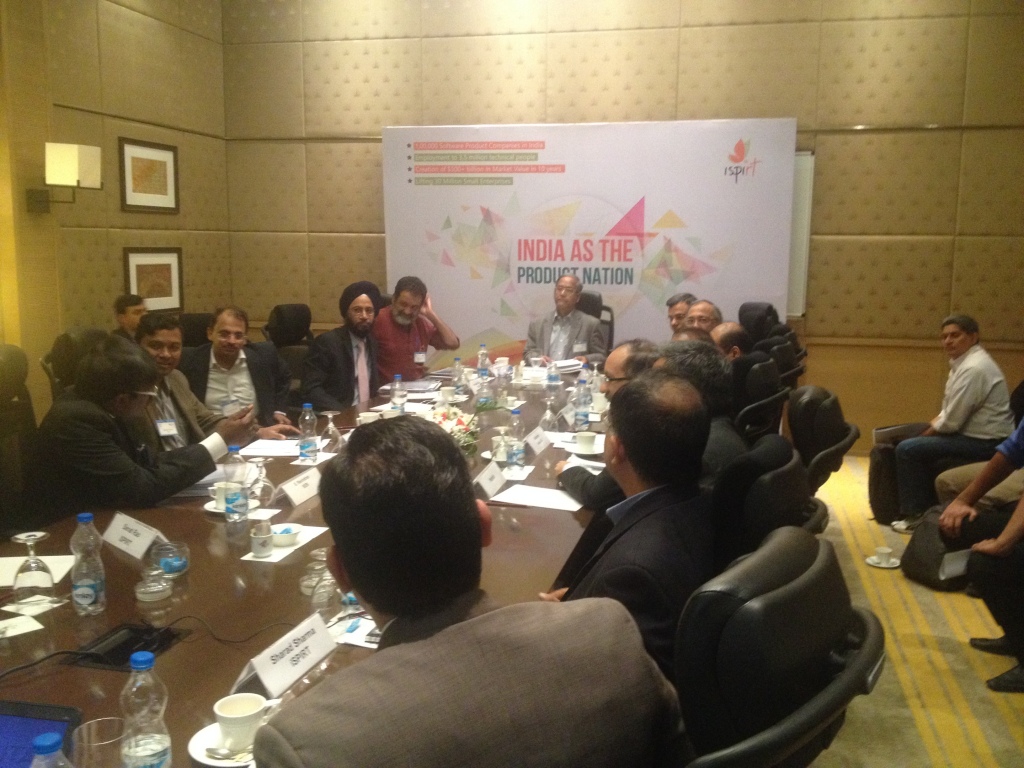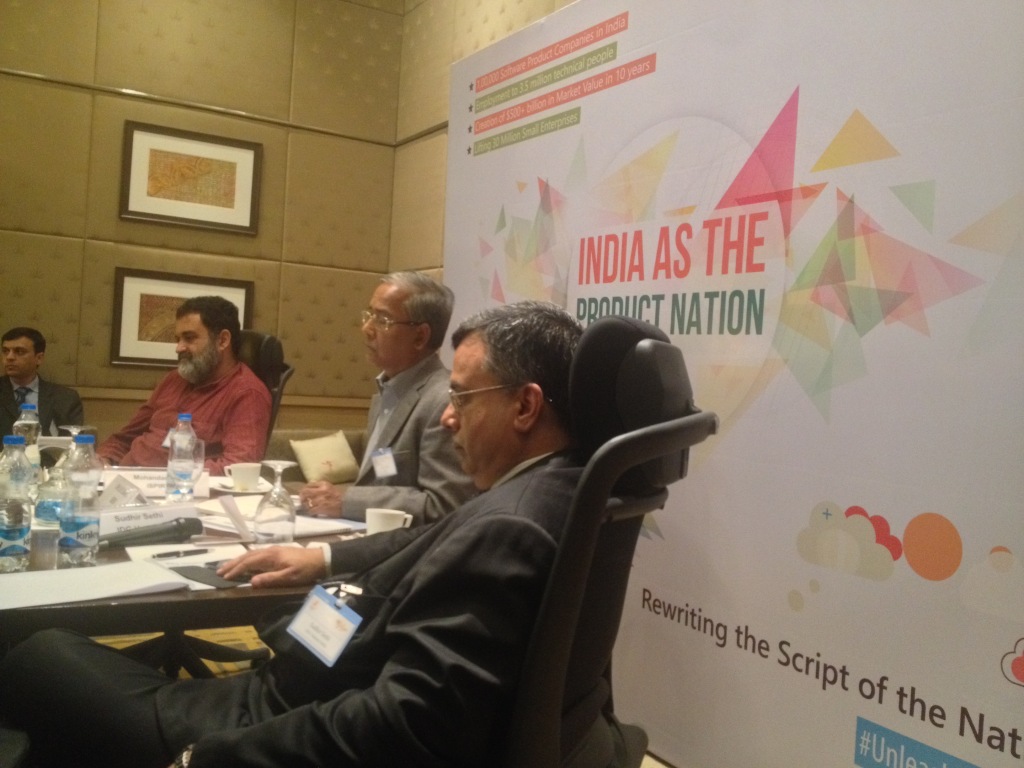Two Cs are extremely critical for startups: Capital and Customers. In India, with a population of 1.3B, customers for B2C or B2B2C startups is not an issue. For B2B startups, although the market in India is promising, global markets are still very important. Capital on the other hand is trickier. The total capital raised by startups India from 2010-2020 is around $100B. In the same period, startups in China have raised 4x and startups in the US have raised 10x the capital raised by startups in India. India needs to have a stronger mechanism to enable more Capital. There is a need to increase Capital availability in India.
IGP platform proposed by SEBI is a very refreshing initiative that aims to address the Capital issue. It provides another great avenue for startups looking to raise series B and beyond. This platform can double the available capital over the next 5 years. It addresses a key pain point of Capital availability for startups raising between INR 70 to INR 200 Cr. There is a chasm in this space- there are early-stage VC funds and there are PE funds for growth companies. However, there is not enough growth stage VC funds in India to fill this gap. IGP has the potential to be the platform to bridge this void.
The design of IGP has been very thoughtful with the key focus is on technology startups. The precursor to IGP was ITP (Institutional Trading Platform). Due to various reasons including the maturity of the startup ecosystem, the response to this platform was tepid. IGP addresses a few key pitfalls of ITP.
IGP restricts the listing to technology-focused companies with a proven Product-Market Fit and entering its growth phase. The revenue of the companies listing on this platform is expected to exceed INR 50 Cr. This will greatly help in mitigating the risk of listing by ensuring a good understanding of Product-Market Fit beforehand.
The governance issues are well balanced – protects the investor interests but at the same time provides enough flexibility for the founders to have control over strategy and execution. The companies listing on this platform cannot be burdened with the same rules of the public markets as they need to be very nimble. A balance between taking risks and moving fast with financial discipline as against governance practices such as quarterly reporting and stability is advised.
As in the case of investments in Alternative Investment Fund, the platform is selective about its investors. The companies listing on this platform need to operate as startups and not as mature companies. The risks are much greater with these companies and hence it is very critical to have investors who understand these risks and who can understand these nuances.
M&As have been a key hurdle for startups in India. This is one of the key reasons for companies opting to flip. The platform is designed to simplify the process of M&As, post-listing. Simplifying the M&A process encourages corporates and PEs to participate on the platform. However, this spirit should be maintained in the implementation of the platform as well. This is one of the critical success factors for the platform.
For the Indian startup ecosystem to become one of the major contributors to the economy, key policy changes are needed. IGP is one such platform that has the promise to increase capital availability significantly. IGP has the added advantage of enabling exits for early stage investors. This increases the liquidity in the market that will further spur the startup ecosystem- a much needed virtuous cycle.
NASDAQ encouraged and enabled technology startups to list because of its adaptability and easier listing and governance guidelines. This accelerated technology startups in the US. IGP has the potential to be that platform in India. India can build products for the world and has the potential to be startup capital, but it needs a perfect storm of- Capital, Liquidity, Policy, Customers, and Entrepreneurs. IGP certainly has the promise to address the Capital and Liquidity aspects. Most importantly it enables Indian startups to stay in India!


 Efforts of iSPIRT’s List-in-India Policy Expert Team have reaped the desired results. The securities market regulator, SEBI, has announced relaxed norms for a separate platform to allow “new-age companies” having an innovative business model and belonging to the knowledge-based technology sector to list in the country.
Efforts of iSPIRT’s List-in-India Policy Expert Team have reaped the desired results. The securities market regulator, SEBI, has announced relaxed norms for a separate platform to allow “new-age companies” having an innovative business model and belonging to the knowledge-based technology sector to list in the country.
